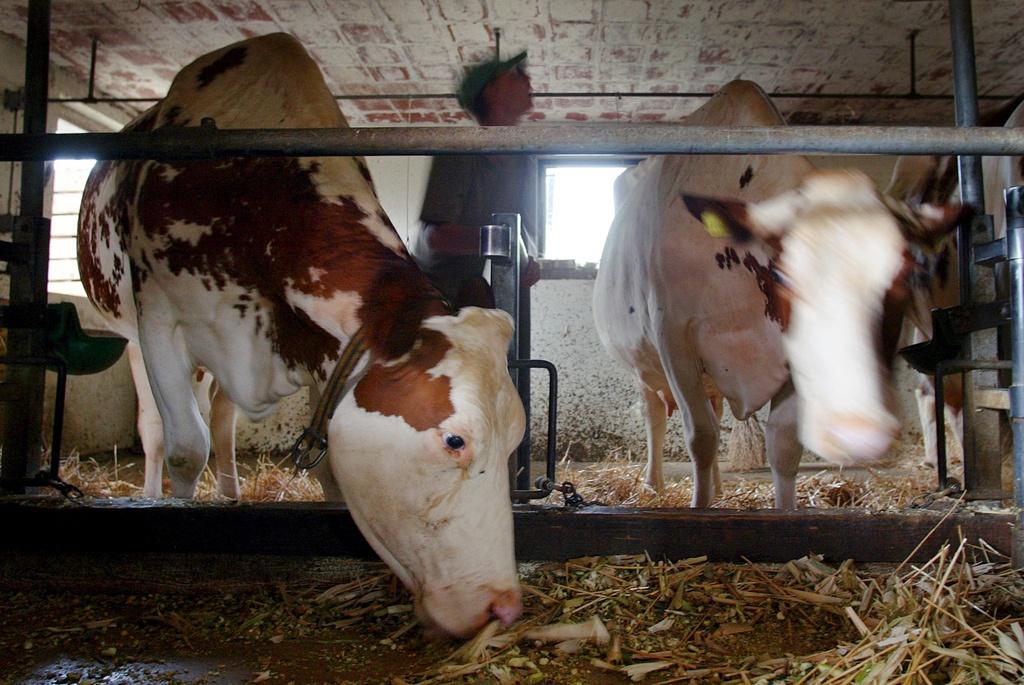
‘Worrying’ suicide rates found among Swiss farmers

The suicide rate among Swiss farmers is almost 40% higher than the average for men in rural areas, a study has found. The main causes are fears about the future and financial worries.
A survey by the Swiss National Science Foundation (SNSF), reported in the SonntagsZeitung, found that between 1991 and 2014, 447 Swiss farmers took their lives.
While the overall suicide rate among Swiss men living in rural areas has declined constantly in recent years, it has risen among farmers since 2003, researchers found. The suicide rate among farmers is 37% higher than the average for men in rural areas.
The main causes of suicide among farmers are fears for the future, financial worries, succession problems or loneliness.
Mark Ritter, president of the Swiss Farmers’ Association, said the figures were “very worrying” and gave an insight into the human issues faced by farmers.
There are about 52,000 farms in Switzerland, mostly small operations, but around 1,000 close each year. The trend is towards fewer, larger farms.
Every day, two or three people in Switzerland commit suicide, with men over 75 accounting for the highest rate, according to the Federal Office of Public HealthExternal link
In 2016, the Swiss government launched a suicide prevention action plan with ten measures, including raising public awareness, providing fast and easily accessible help, and spreading knowledge about best practices in Switzerland and abroad. The goal is to reduce the number of non-assisted suicides in Switzerland by 25% by 2030 – in other words, to prevent about 300 suicides per year.
The SNSF study was conducted by researchers from the University of Bern based on data from 90,000 farmers.

In compliance with the JTI standards
More: SWI swissinfo.ch certified by the Journalism Trust Initiative


























You can find an overview of ongoing debates with our journalists here . Please join us!
If you want to start a conversation about a topic raised in this article or want to report factual errors, email us at english@swissinfo.ch.